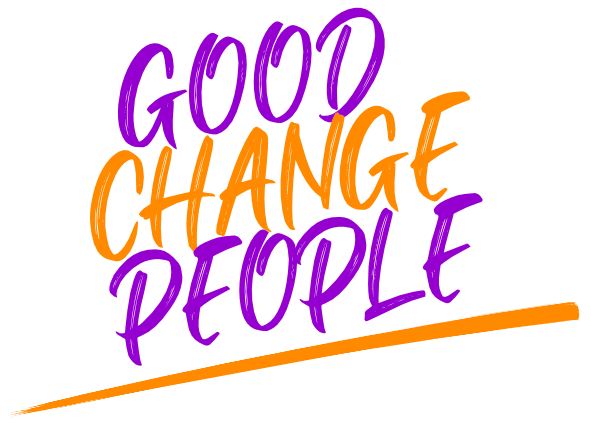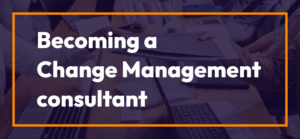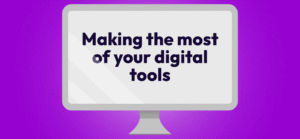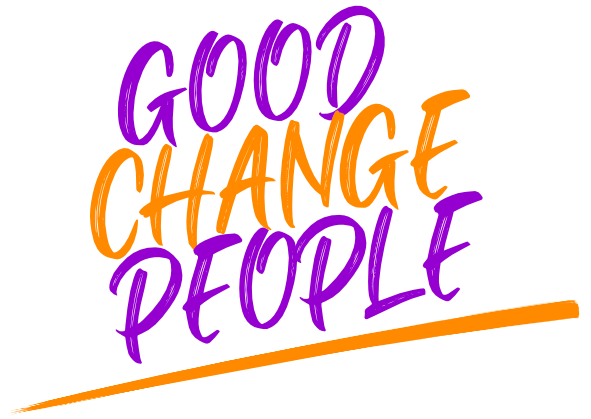By the end of 2024, more than ¼ of adults were working in a hybrid way. The modern workplace is evolving; with remote and hybrid work models becoming the new norm. While these flexible work arrangements offer numerous benefits, they also bring unique challenges when managing organisational change.
Leaders must adopt strategies that address the complexities of virtual collaboration, employee engagement, and maintaining productivity. Here’s our advice on how organisations can effectively navigate change in a remote or hybrid work environment:
Prioritise Clear and Consistent Communication
One of the biggest challenges in remote and hybrid work is ensuring everyone stays informed and aligned. Without in-person interactions, misunderstandings and information gaps can arise, leading to confusion and resistance to change. Often, in the absence of information, people will fill the void with what they think is happening.
Best practices to follow:
- Use multiple communication channels, including video calls, instant messaging, and email, to share updates.
- Establish a structured communication plan outlining key messages, timelines, and stakeholders.
- Encourage leadership to be transparent and proactive in addressing employee concerns.
Foster a Strong Remote Culture
Company culture plays a vital role in successful change management. However, maintaining culture in a dispersed workforce requires intentional effort.
Best practices to follow:
- Reinforce company values through virtual townhalls, team-building activities, and recognition programs.
- Encourage social interactions through informal virtual meetups, collaborative projects, and employee-led initiatives. Ensuring at least one session a week is just a no-pressure social catch up!
- Create a sense of belonging by ensuring remote employees feel as valued as in-office workers.
Equip Employees with the Right Tools and Training
Transitioning to a remote or hybrid model often involves adopting new technologies and workflows. Employees must be equipped with the necessary tools and skills to succeed in this new environment.
Best practices to follow:
- Invest in collaboration tools such as, Microsoft Teams to streamline communication and project management.
- Provide training programs to help employees adapt to new systems and workflows.
- Offer technical support and resources to troubleshoot challenges and ensure seamless adoption of new tools.
Maintain Employee Engagement and Well-being
Change can create uncertainty and stress, especially in a remote setting where employees may feel isolated. Addressing employee wellbeing is crucial for a smooth transition.
Best practices follow:
- Conduct regular check-ins to gauge employee morale and address concerns.
- Promote work-life balance by encouraging flexible schedules and setting clear expectations.
- Offer mental health resources and support programs to help employees navigate stress and change.
Encourage Collaboration and Feedback
Successful change management requires input from employees at all levels. In a remote or hybrid setup, fostering collaboration and collecting feedback ensures that transitions are effective and inclusive.
Best practices to follow:
- Create open forums for employees to share feedback and suggest improvements.
- Use pulse surveys and virtual Q&A sessions to gauge employee sentiment.
- Involve employees in decision-making processes to enhance buy-in and commitment.
Monitor Progress and Adapt Strategies as Needed
Change initiatives require continuous evaluation to ensure they are effective. In remote and hybrid environments, organisations must track progress and make data-driven adjustments.
Best practices to follow:
- Set clear KPIs to measure the success of change initiatives.
- Analyse productivity trends, engagement levels, and feedback data to identify areas for improvement.
- Be flexible and willing to pivot strategies based on real-time insights and employee needs.
Final Thoughts
Navigating change in a remote or hybrid work environment requires a proactive and adaptable approach. By prioritising clear communication, fostering a strong culture, providing necessary tools, supporting employee well-being, encouraging collaboration, and continuously monitoring progress, organisations can successfully manage change and build a resilient workforce. In today’s evolving workplace, embracing change with the right strategies will ensure long-term success.
If you want support with any aspect of your change programmes by individuals that work with integrity, inclusivity and a people-centric mindset, get in touch with our expert GCP Team.





